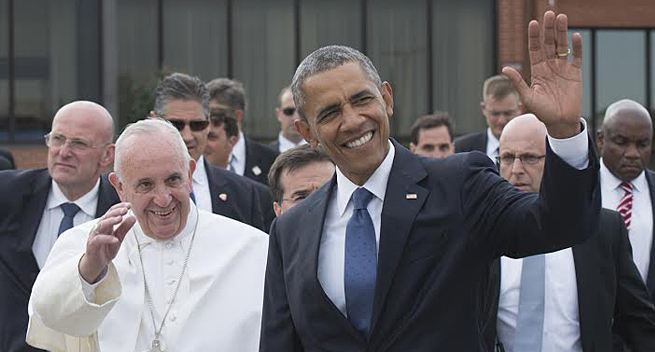The Oldest Religion
In a recent essay in this magazine, I failed to adequately define terms early in the piece and subsequently created confusion for some readers. This article will seek to rectify that problem and explore new dimensions in the original thesis. When a major airline suffers a plane crash, one of the first things investigators look … Read more



